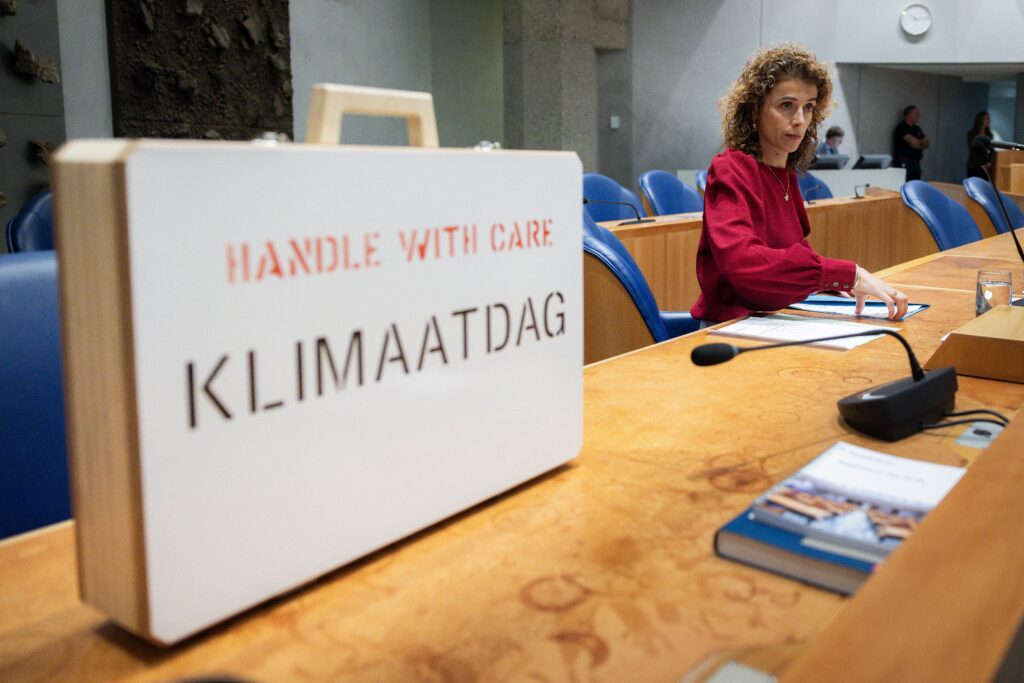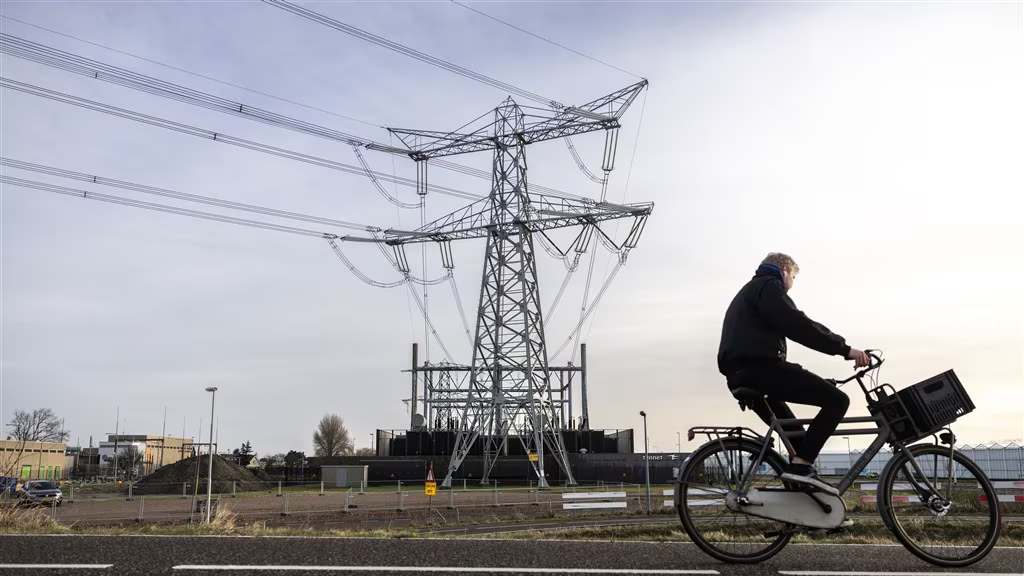The Netherlands Authority for Consumers and Markets (ACM) has announced the new rates for heat for the year 2024.
The maximum price for heat in 2024 is much lower than the maximum price for heat in 2023. However, this will not immediately lead to a decrease in the heat bill. This is because heat customers benefited from the price ceiling in 2023 with which the government compensated them for the sharply increased energy costs, and offered a large discount on their heat bill through the heat suppliers.
The most important changes in heat rates:
- Significant decrease in variable maximum rates: The maximum price for heat in 2024 will decrease by 49% compared to 2023. For 2024, the variable heat rates per gigajoule (GJ) will drop below the 2023 ceiling rate.
- Increase in fixed maximum rates: The fixed maximum rates for standing charges, metering rates and delivery sets for heat have increased by approximately 13% compared to 2023. This increase is due to inflation and therefore increasing costs for materials and personnel.
In 2023, the difference between the price ceiling and the contract rate was reimbursed by the government through the heat suppliers. This saved the heating customer up to €43.50 incl. VAT per GJ of heat compared to the maximum rate, but not all heating companies apply the maximum rate. Due to the disappearance of the price ceiling, an average heat customer will pay slightly more expensively in 2024 than was the case under the price ceiling in 2023, despite the fact that the average price for the heat itself has fallen.
The “No More Than Otherwise” principle (NMDA)
Every year, the ACM sets the maximum rates for heating companies, using the gas price as a reference point. This falls under the “No More Than Otherwise” principle (NMDA), which ensures that customers of heating companies do not pay more than consumers with a natural gas central heating boiler.
Energie-Nederland advocates the rapid development of a new tariff system that replaces the current natural gas reference. Energie-Nederland supports a cost-plus system, as proposed in the current bill.






